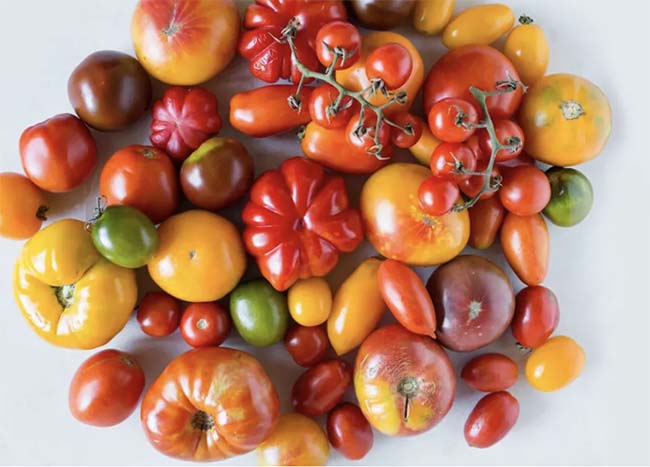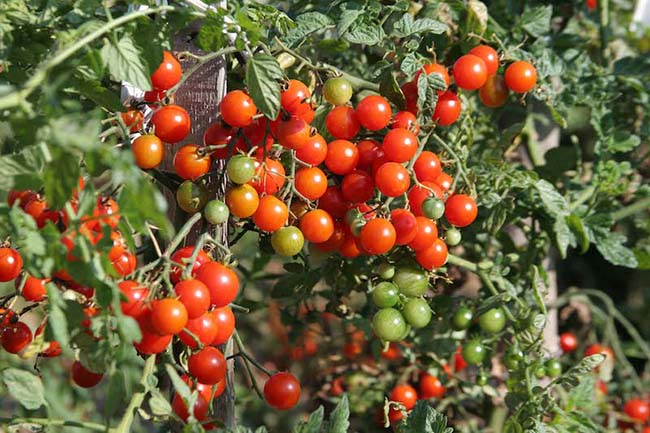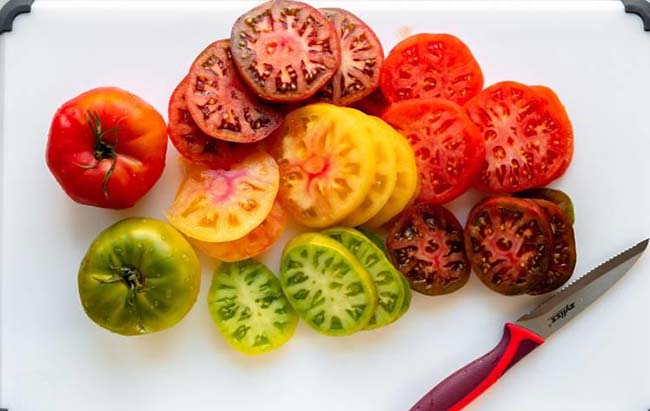Essential Types of Tomatoes for Every Homegrown Garden
When it comes to growing your own tomatoes, there are numerous varieties to choose from. However, not all tomatoes are created equal, and some are better suited for home gardens than others. In this article, we’ll be discussing the types of tomatoes that all homegrown gardeners should know about.
Determinate tomatoes, also known as bush tomatoes, are a type of tomato plant that grows to a certain height and then stops. They are great for gardeners who want to harvest all their tomatoes at once, as the fruit tends to ripen around the same time. Here are a few types of determinant tomatoes that all homegrown should know:
Heirloom tomatoes are open-pollinated and have been passed down through generations. They come in a variety of shapes, sizes, and colors. They are known for their unique flavors and are perfect for slicing and adding to salads.



